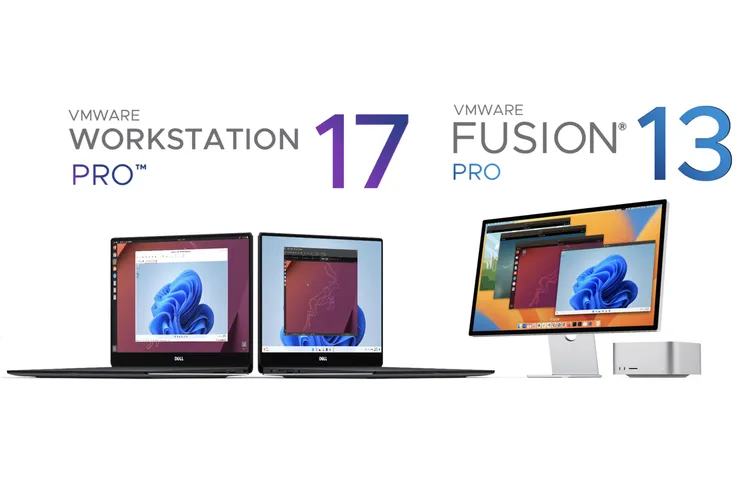VMware has made a bold move in the virtual machine software market by announcing that VMware Workstation and VMware Fusion are now completely free for all users, including commercial customers. Previously, the company had made these programs available for free for personal use earlier this year, but now the offer extends to businesses as well. Additionally, Fusion Pro (for macOS) and Workstation Pro (for Windows and Linux) are no longer available for purchase, signaling a significant shift in VMware’s licensing strategy.
A Major Shift in VMware’s Licensing Model
This announcement comes after Broadcom’s $61 billion acquisition of VMware in 2022, one of the largest tech mergers in history. Since the acquisition, Broadcom has been working to streamline VMware’s product offerings, often focusing on subscription-based models for enterprises. As part of this effort, VMware has phased out perpetual licensing for standalone products, encouraging customers to adopt its Cloud Foundation or vSphere Foundation subscription packages instead.
The move to offer VMware Workstation and Fusion for free is seen as an attempt to make VMware’s products more accessible, particularly for small businesses and individual users who may have been deterred by high licensing fees in the past. However, this transition has not been without controversy.
Complaints from Business Customers Over Price Increases
While VMware is pushing its free offerings for individuals and businesses alike, some commercial customers have voiced frustration over significant price hikes for other VMware products. According to a Business Insider report, some enterprise clients have experienced price increases of up to 175% on VMware’s subscription services since the Broadcom acquisition. One unnamed corporate customer even likened the price hikes to being “held for ransom,” as they felt locked into VMware’s ecosystem due to the difficulty and expense of switching to alternative solutions.
These complaints highlight a growing tension between VMware’s desire to boost its revenue through subscriptions and the pushback from customers who are feeling the financial impact. Many companies have become accustomed to VMware’s legacy perpetual licensing model, where they could purchase software outright, rather than being locked into ongoing subscription fees that can increase year over year.
Impact on Business Customers and Support Changes
For businesses that have existing commercial contracts with VMware, the company has reassured them that their current agreements will remain in effect, and they will continue to receive the same level of support through the duration of their contracts. However, VMware has announced that it will discontinue support ticketing for troubleshooting once those contracts expire. Instead, customers will be directed to community forums, online documentation, and support articles for assistance, a shift that some enterprises may not find satisfactory.
While these changes may benefit small businesses and individual users who are looking for cost-effective ways to run virtual machines, the shift toward subscriptions and the reduction in traditional support options may leave larger enterprises scrambling for alternatives. As VMware continues to evolve under Broadcom’s ownership, it remains to be seen how these changes will affect its long-term relationship with its enterprise clientele.
Looking Forward: What This Means for VMware Users
With VMware Workstation and Fusion now free, more users than ever can take advantage of the company’s virtual machine technology. This includes professionals, developers, and IT enthusiasts who rely on VMware to run multiple operating systems on a single machine for testing, development, or other purposes. The free offerings are especially significant for businesses that might need to scale quickly or experiment with new software solutions without a significant upfront cost.
However, the move could also mark a broader trend in the virtualization software space, where companies are increasingly focusing on subscription models for enterprise solutions, while offering more accessible options for individual users and smaller businesses. VMware’s strategy seems aimed at expanding its customer base in the long run, but it may also alienate some larger customers in the short term, especially those who have become accustomed to the stability and predictability of perpetual licenses.
In conclusion, VMware’s decision to offer Workstation and Fusion for free is a welcome change for many users, but the company’s continued shift toward subscription-based pricing for its commercial products is raising questions about the future of its enterprise relationships. As businesses navigate the evolving landscape of virtualization software, they will need to weigh the benefits of VMware’s subscription model against the potential costs—and the loss of traditional support options.

